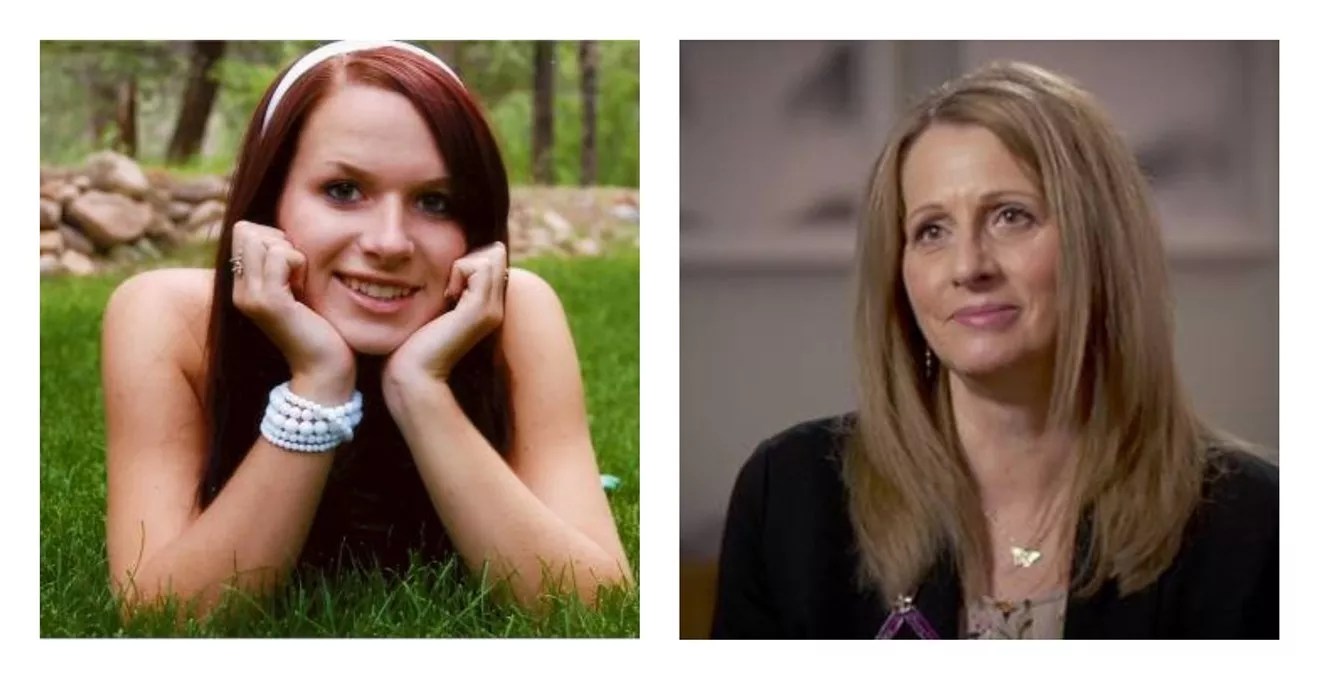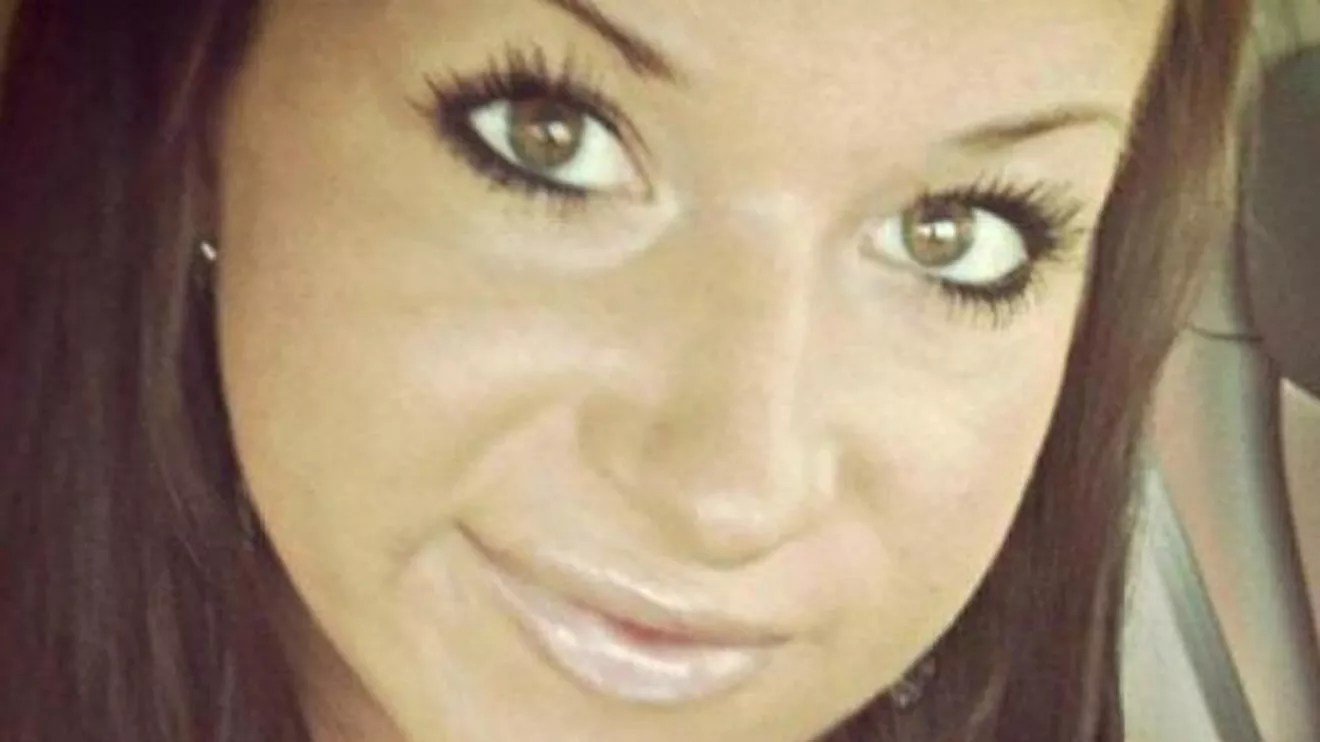
Family photo/ABC

Audio By Carbonatix
Today, February 4, is Missing Person’s Day in Colorado. A full slate of events is scheduled at the State Capitol, capped by a 10 a.m. prayer vigil on the west steps during which the names of the missing will be read aloud – and there are a lot of them. This year, the Colorado Bureau of Investigation is including individuals whose whereabouts have been unknown for six months, rather than the usual year, and as a result, the list has more than 1,000 names on it.
Among those on the roster is Denver resident Kelsie Schelling, who disappeared on February 4, 2013, after driving to Pueblo to reveal her pregnancy to her boyfriend, Donthe Lucas. She was just 21 years old.
On March 8, 2021, following years of legal-system stops and starts, a jury in Pueblo handed down a guilty verdict against Lucas, who was subsequently sentenced to life in prison without the possibility of parole for first-degree murder. But this punishment was a hollow victory for Laura Saxton, Schelling’s mom and one of the driving forces behind the launch of Missing Person’s Day in 2016.
“My whole goal – what I wanted more than anything else in the world from the very beginning – was to be able to bring Kelsie home,” Saxton says. “And there’s a helplessness now, because Donthe has absolutely no incentive to tell us where she is. He won’t ever be eligible for parole; he’s in jail for the rest of his life. So he has no reason to tell us where she is unless somehow God touches his heart and inspires him to do the right thing. But I just don’t see that happening.”
This year, make your gift count –
Invest in local news that matters.
Our work is funded by readers like you who make voluntary gifts because they value our work and want to see it continue. Make a contribution today to help us reach our $50,000 goal!
This bitter reality colors her feelings about Lucas’s conviction – and so do the reactions of people who thought the outcome of the trial was a cause for celebration.
“After the trial, people said, ‘Congratulations, congratulations,'” Saxton recalls. “It just seemed like a weird word to me. It was like, ‘Yeah, we won, but we didn’t win.’ I mean, that was enough for some people, but it definitely wasn’t enough for me. It definitely hasn’t brought me the peace that I’ve been hoping for.”

A portrait of Kelsie Schelling.
Family photo
Saxton admits to struggling since the trial. “I spend a lot of time on my own, just trying to find ways to cope – laying low and trying to take care of myself,” she says. “I’ve kind of been off the grid, but I’m hoping at some point that I’ll be ready to get back into some of the groups that I was active in, especially with legislation.”
Based on her experiences over the years, she sees the criminal-justice system as very “offender-friendly, and I’d like to see some changes to victims’ rights. My family felt that we were treated very poorly during the trial, where it didn’t seem to matter if we were there or not. In fact, it felt like some people would have preferred that we not be there, because it would have taken the emotion out of the courtroom. The whole process is about the accused and protecting his rights, and essentially the victims have none.”
Saxton continues: “I’d like to see investigations start sooner than 48 hours after someone goes missing, especially if it looks like there might be foul play involved. There’s so much lost time, and a lot can be done to cover things up if there’s a crime involved.”
In the meantime, Saxton says she’s grateful for the growth of Missing Person’s Day, which gives people like her an opportunity to connect with others who are going through the same agony. “I wanted it to be an event where families could come together and feel like, for one day out of the year, their missing family member is the center of attention – because the rest of the year, it’s not so much that way,” she says. “And it’s also so important to be able to talk to people who understand what the emotions are. The support makes you feel you’re not the oddball, that you’re in a place where you belong. Unfortunately, you belong.
“The event is so nice, so respectful,” she concludes.” And when we read the names, it’s very special and emotional – just to be able to say the name of your child or your family member out loud, in front of everybody.”